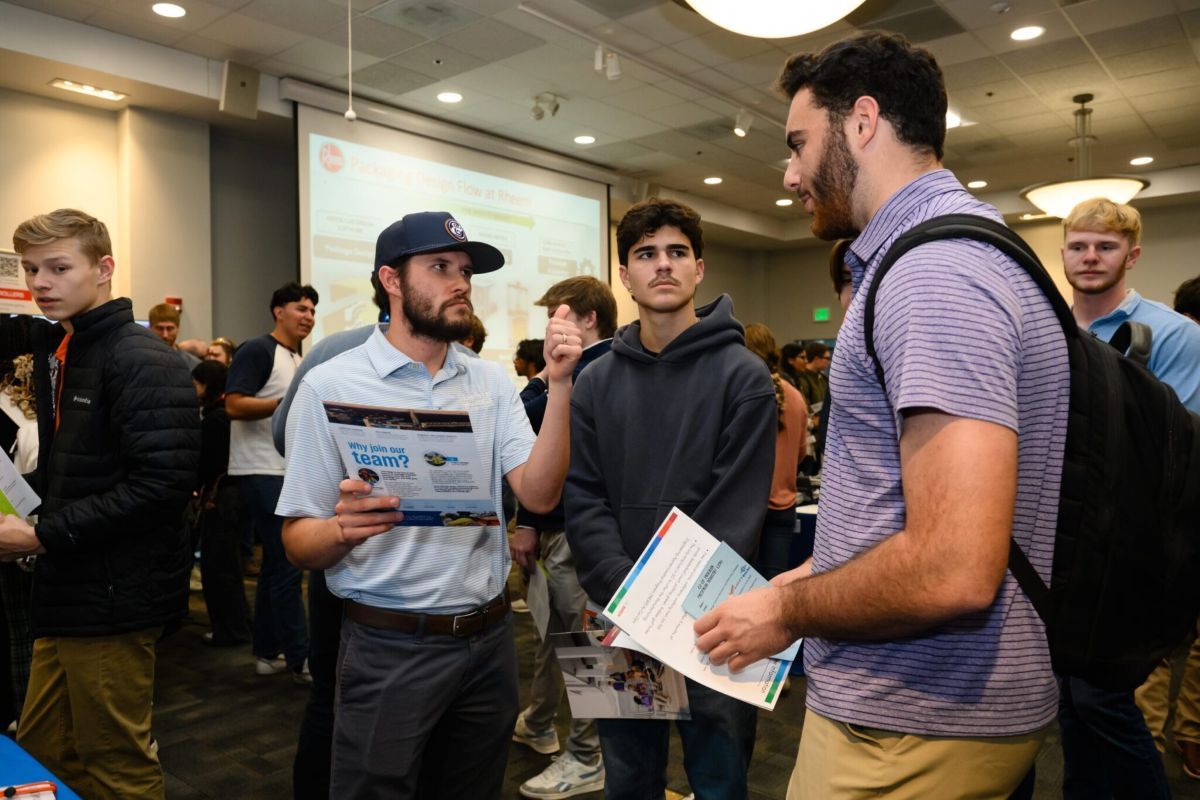Staff reports
The South Carolina Technical College System, which includes the Technical College of the Lowcountry, has announced its leadership role in a groundbreaking $12.6 million initiative, part of the broader $45 million federal investment secured by the S.C. Nexus for Advanced Resilient Energy (S.C. Nexus).
This initiative is designed to revolutionize South Carolina’s energy workforce and infrastructure. The S.C. Nexus has been designated as one of 31 Regional Technology and Innovation Hubs by the U.S. Department of Commerce’s Economic Development Administration, placing South Carolina at the forefront of innovation in resilient and sustainable energy technologies.
The S.C. Technical College System will lead the Education and Workforce Center project, a critical component of the S.C. Nexus Tech Hub. This project aims to enhance awareness of energy-focused industries and job opportunities, identify and develop essential skills, and provide support services to ensure that South Carolinians can access new, high-quality jobs in the emerging energy economy.
“As the state’s most extensive higher education system, the S.C. Technical College System is uniquely positioned to lead this transformative Education and Workforce Center initiative,” President of the S.C. Technical College System Tim Hardee said. “This project highlights our commitment to advancing education and workforce development and underscores our dedication to ensuring that all South Carolinians, especially those in rural and underserved communities, have access to high-quality, future-ready jobs.”
“By enhancing awareness of energy-focused industries, bridging skills gaps, and providing essential support services, we are paving the way for a resilient and sustainable energy economy that is expected to create over 14,000 jobs by 2030. We are excited to leverage our resources and expertise to build a talent pipeline that will drive innovation and secure South Carolina’s position as a leader in the global energy sector.”
Key components of the project
Enhance citizen awareness of grid resilience industries, jobs, and training and educational opportunities.
- Increase Exposure to Grid Resilience Careers: Establish a central information portal and a mobile “engagement lab,” training approximately 2,000 students, particularly in rural areas, over the next three years.
- Educate K-12 Students: Partner with the Governor’s School for Science and Mathematics “STEM Days on the Go” program to train 250 middle school students over the next year.
Bridge the gap in technical and soft skills for success in these roles.
- Establish a Grid Resilience Employer Collaborative: Address industry trends and develop curricula, launching the collaborative and developing curricula over the next year.
- Establish Industry Internships that Transition into Full-Time Positions: Utilize industry expert-staffed mobile labs to recruit students and launch internships. Deploy the mobile lab in Fall 2025 and train approximately 2,000 students over the following two years, with a focus on offsetting fees for underrepresented groups.
For more information on S.C. Nexus, visit SC Nexus.







